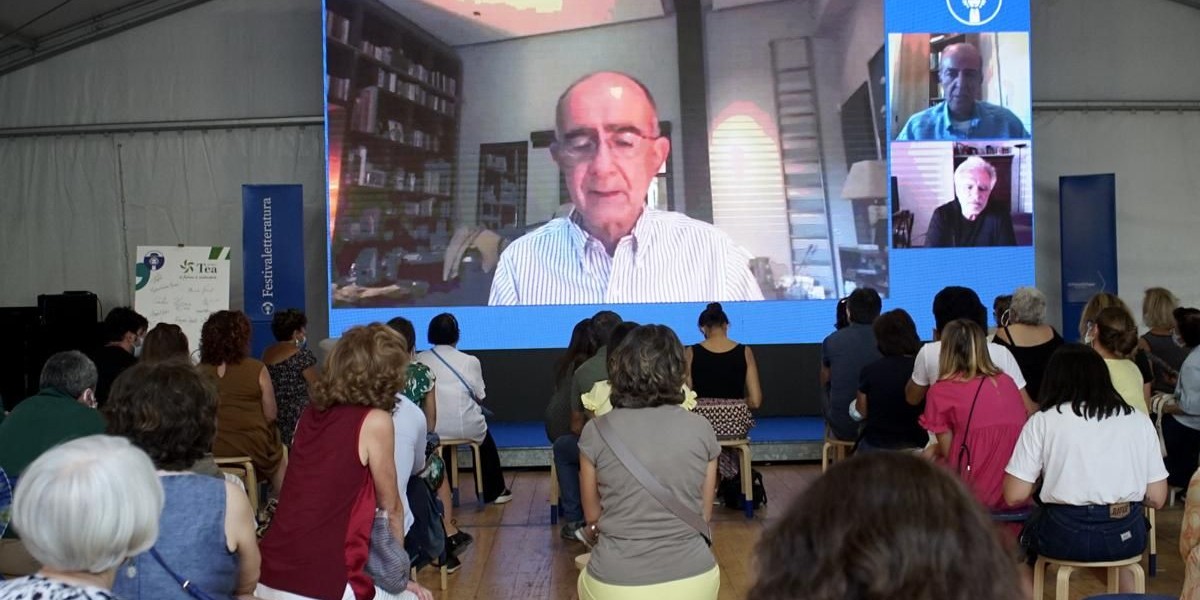
Giancarlo Leone and Sandro Petraglia on adapting literature for cinema and television
Giancarlo Leone, president of the Italian TV Producers Association and Sandro Petraglia, one of the most popular screenwriters for cinema and TV in Italy at the moment, join the writer Roberto Costantini in a virtual discussion about the relationship between literature and the big and small screens.
How does a producer decide if a book is worth being adapted for the screen or not? Does its success have anything to do with it? For a producer, a book’s success is a critical factor in deciding if a project is valuable or not; it gives stability to the project and is critical in convincing the investors to back up the project. If the book sold well, the film/TV series most probably will, too. For a screenwriter, it can be helpful to have the writer’s descriptions at hand, as they simplify the creation of the setting in the scenes. Adapting someone else’s book can actually be a more rewarding experience compared to creating an original story, as you can save time on research while developing the storyline.
On the other hand, it can be hard to deal with writers’ expectations sometimes. As Petraglia points out, there are two types of writers: those who give up all the rights to their stories and basically let screenwriters do what they deem fit with them, and those who feel betrayed when screenwriters take too many liberties with their stories. Especially with the latter, it’s not always easy to collaborate and find a solution that would both guarantee a faithful representation of the story and the needs of the screen adaptation.
The Italian landscape is also very different from the North American one: whereas in the US, a director’s and a screenwriter’s jobs are clearly separated, Italian directors often want to have some input on the script and this can be very hard to handle, especially for producers. The Italian TV industry invests mainly on crime series or literary adaptations, while production companies in the US have the resources to back up many different types of projects, from sci-fi to comics.
Things are changing, though. Compared to a decade ago, the 50-min episode format is the standard now, and producers have more freedom to pursue bold and less conventional titles. When asked what literary works they would like to see being taken to the screen, Leone said that he would choose the 2-hour-long adaptation of Proust’s Recherche that Harold Pinter wrote in 1977; Petraglia would like his favourite sci-fi book, The Dreaming Jewels by Theodore Sturgeon, to be turned into a film or a TV series.



